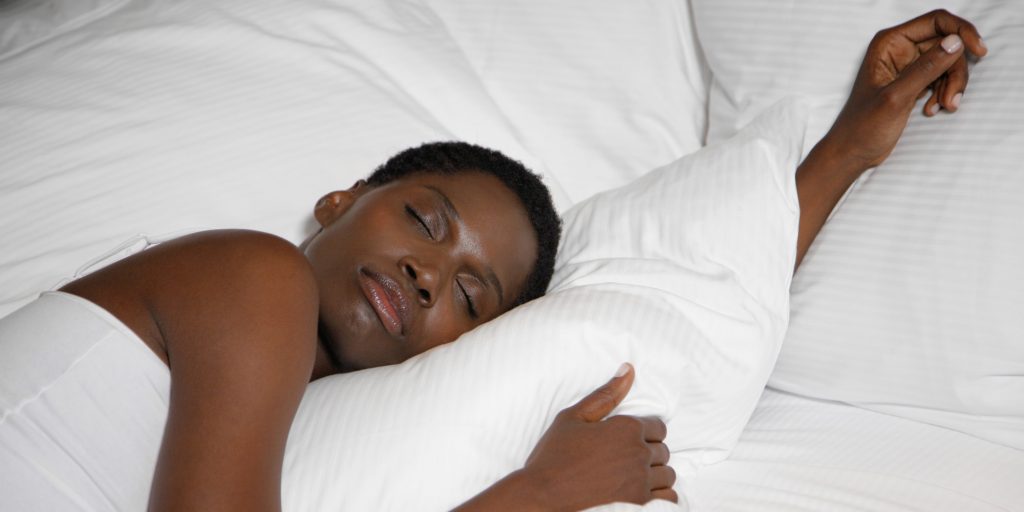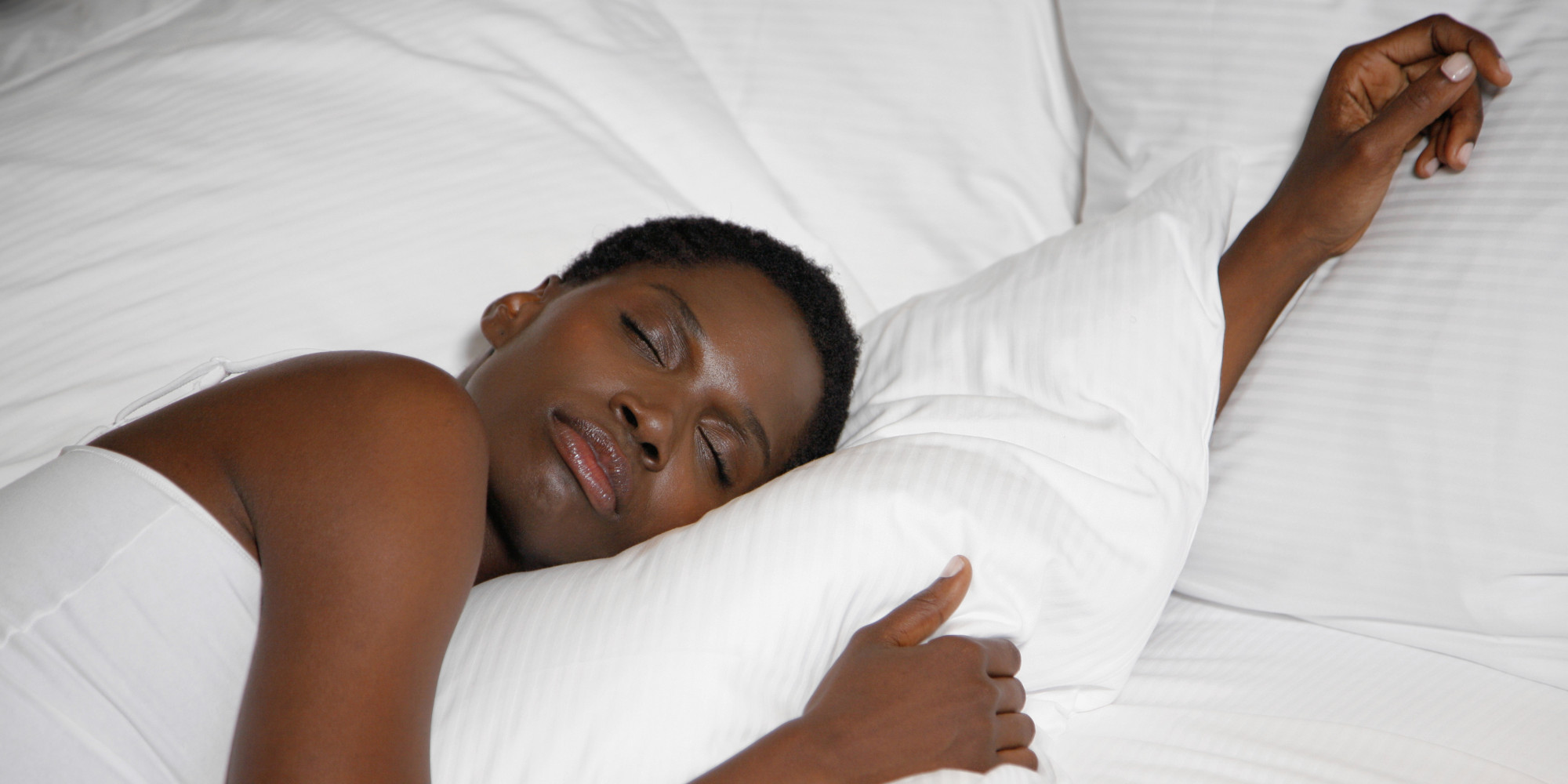We spend about a third of our lives sleeping. That’s kind of amazing, and I think we don’t realize exactly what that means. It means that if your day were equivalent to the entire area of the continental United States, then your sleep would take up the area of the 8 largest states combined: Texas, California, Montana, New Mexico, Arizona, Nevada, and Colorado. That’s a lot of real estate! So why is sleep so important? It turns out that our biology is built to sleep — it is built to separate activities between day and night and that helps us to survive.
We need sleep to survive. But how much? The truth is, that’s a very complicated question. Knowing how much sleep we need might not be an easy thing to find out. For many years, we were all told that 8 hours of sleep is necessary to maintain health and functioning. But new research from the Sleep Research Society and the American Academy of Sleep Medicine believes that number to be closer to 7 hours.
If you experience trouble falling asleep at night, your bedroom activities may be to blame. Your bed should be for sleep only. The more you do other activities in bed, the more likely you are going to develop insomnia. That’s right — the true cause of chronic insomnia is not whatever triggered the sleep loss, but it’s how you react to it. By spending more time in bed, you are programming your brain to be awake in bed. To get the most and best sleep, limit these 6 activities in bed:
1. Watching TV
The television is not there to help you sleep, it’s there to sell you stuff. Even if you fall asleep to the TV, your sleep will be more shallow. Best to turn it off and, if you need some light or noise, find something more soothing. Or, if you need the TV, at least set a sleep timer.
2. Browsing your smartphone
Not only is the light going straight into your eyes and sending a “daytime” signal to your brain which may make it harder to go to sleep, the mental activity can also keep you up longer. It would be better to plug in your phone away from the bed, so you are not tempted to look at it at night. Also, turn it on silent when you go to bed, so that it does not wake you up at night. Finally, if you must look at your screen at night, use a program like Night Shift or Flux to filter out the blue spectrum of light.
3. Smoking
As if you needed one more reason not to smoke. A lot of people smoke to relax, but nicotine is actually a stimulant and can induce insomnia. Research shows that people who smoke take longer to fall asleep, especially if they smoke right before getting to bed. It also makes snoring and sleep apnea worse because of how it irritates your airway at night.
4. Worrying or arguing
You know how they say “Never go to bed angry?” Well, I have different advice. Go ahead and be angry, just don’t do it in bed. You want your bed to be a place of calm and rest, not stress and anger. Those will just keep you up more. Maybe take some time on the couch to cool down first.
5. Obsessing over the clock
What’s the first thing everyone does as soon as they wake up? They look at the clock. Then you start worrying. Some people are clock watchers and obsess over it. If you absolutely need to know what time it is, have the clock under your bed where it is accessible but not easy to see.
6. Taking melatonin
Melatonin is a hormone that your body produces at night. It might help with sleep, but if you take it in bed, that’s probably too late. You’re already producing it at that point. Plus, melatonin dosing and timing can be tricky. It’s better if you get help from a sleep professional.
Notice sex wasn’t on the list? That’s fine to do in bed. Or not. That’s up to you.


